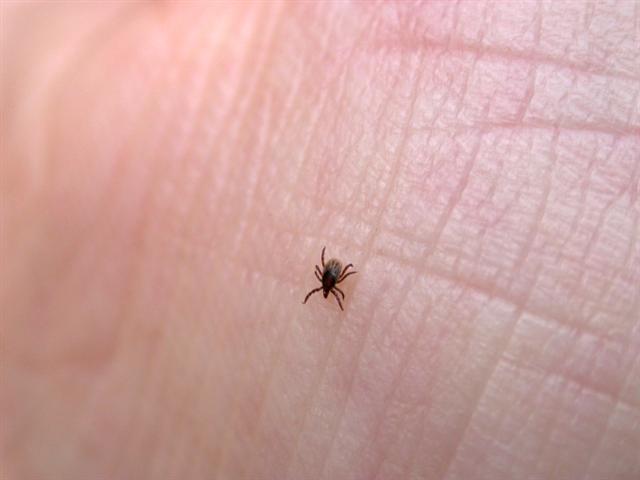Onondaga County Health Commissioner Indu Gupta, MD, MPH, announced today that West Nile virus (WNV) continues to be present in Onondaga County. A mosquito pool from a trap in the town of Salina was found to be positive for WNV; this is the same trap with positive findings for WNV last week.
Dr. Gupta states that, “Despite low mosquito counts and ongoing intensive larviciding efforts, disease-carrying mosquitoes will continue to be a public health concern until the first hard frost”, and reminds residents, “It is essential that the public continue to practice personal protection measures to avoid being bitten by mosquitoes whenever outdoors. It is important not to become complacent about personal protection measures”.
The Health Department reminds residents that mosquitoes are most active between dusk and dawn. Personal protection is advised during outdoor activities. Personal protection measures include wearing shoes, socks, long pants, and a long-sleeved shirt when going outside. Applying a mosquito repellent containing DEET, Picaridin, Oil of Lemon Eucalyptus, or IR3535 to prevent mosquito bites. Do not put the repellent directly onto children’s skin. Put it on your hands and apply it to your child. Do not put insect repellent on your face. Wash skin and clothing after returning indoors. Follow the manufacturer’s recommendations for application.
The following are ways of helping to reduce mosquito breeding grounds:
- Throw away outdoor containers, ceramic pots or containers that hold water.
- Remove all tires from your property.
- Drill holes in the bottoms of recycling containers that are kept outdoors.
- Clean clogged rain gutters and make sure they continue to work properly.
- Turn over wheelbarrows and wading pools when not in use.
- Change water in bird baths at least every four days.
- Clear vegetation and debris from the edges of ponds.
- Clean chlorinated swimming pools, outdoor saunas, and hot tubs.
- Drain water from pool covers.
- Use landscaping to eliminate low spots where standing water accumulates.
The Health Department will continue to post mosquito pool test results every week—please visit www.ongov.net/health/mosquitoborne.html for the most recent information including more information about personal protection measures. The public may also contact the Division of Environmental Health for more information at 435-1649.

 and friends in the conversation about how to protect themselves from Lyme disease. You should do this too!
and friends in the conversation about how to protect themselves from Lyme disease. You should do this too!